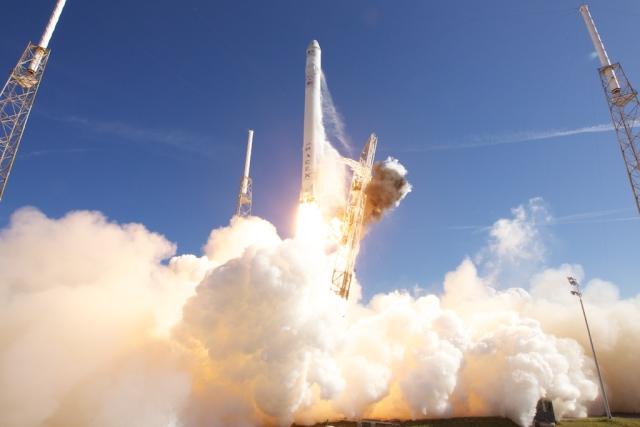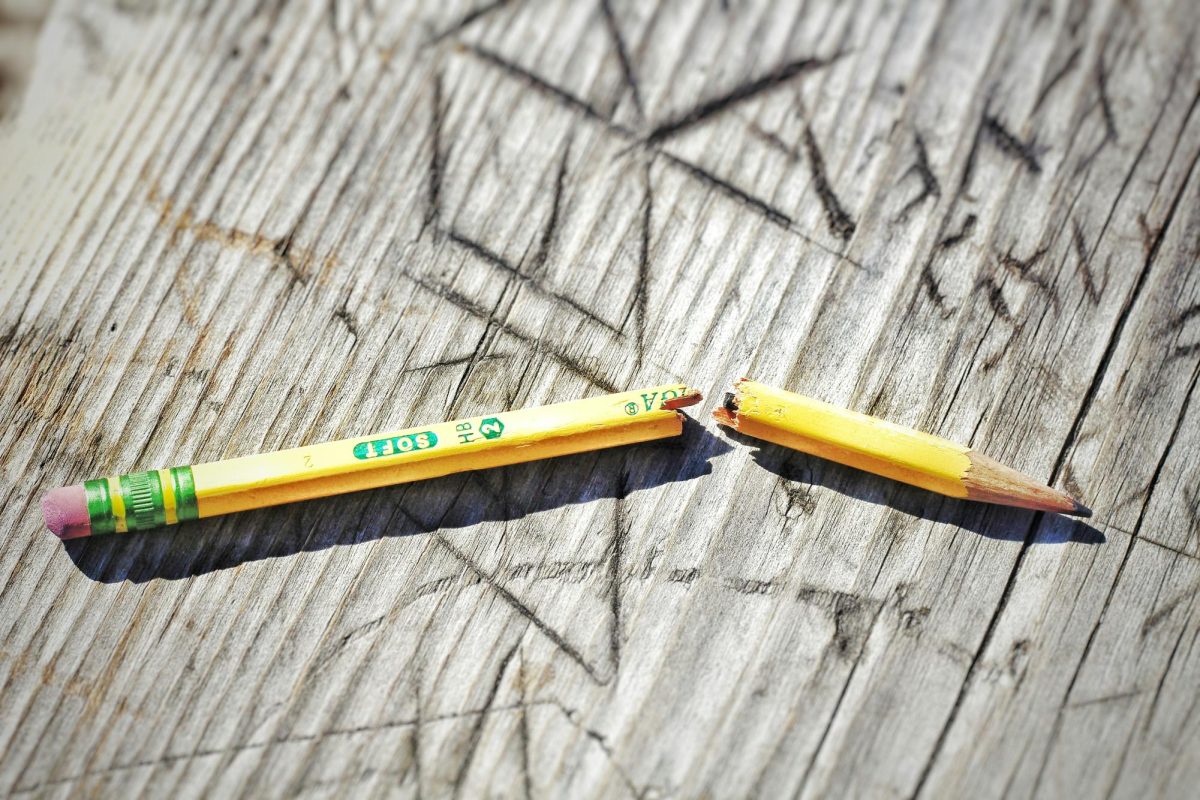After history was made for NASA and space exploration, one can only wonder what else lies out there
With the launch of the Falcon 9 rocket on May 22, 2012, the landing of the Mars Curiosity rover on August 6, 2012, and the unfortunate death of Neil Armstrong August 25, 2012, it’s been an eventful summer for the space industry, and the eyes and minds of America are once again on the heavens.
Watching the Falcon 9 launch, or the Mars landing on my computer monitor, I can see why people used to drive out to sit on the hoods and roofs of their cars to watch space launches. On a screen, it’s just a burst of fire in the blackness, but more, it’s a symbol.
And what a symbol it is for our species. We started as small insectivores running through trees. The adaptations we’d evolved for this allowed us to develop beyond any other species. We grew and sought new realms. We left the trees and changed. We now stand as masters of the most complex tools in our world. We built our new era, scratching it from the rough and often unforgiving earth, cobbling together sticks and stones and metal. Though we grew from tiny animals eating insects we caught with our own hands, we became a species that can reach out and grasp the stars.
In the history of space exploration, 562 brave men and women have left the embrace of earth. 12 men have set foot on our closest celestial neighbor. These awe-inspiring people have blazed the trailhead and bade us follow. Their bravery brought us such things we take for granted as satellite television and navigation, laptops, portable power tools, long distance health monitoring devices, even software which learns its users’ preferences. Without the Apollo program, we wouldn’t even have the modern microchip as Texas Instruments first designed its ancestor, the integrated circuit, for NASA. Even modern infant formula comes from NASA research involving algae, which discovered a protein previously only found in human milk.
When the last rocket of NASA’s shuttle program launched July 8, 2011, many of my generation thought our country had decided space was a lost cause, a waste of time. Others told us this wasn’t true, that it was only decided we should change how we go into space.
When we do get out there, we may find nothing. We may find other sentient space travelers. But what we will find, with absolute certainty? I know we’ll find our feet, and we will find our place. We’ll find it because we’ll make one, damn it. It’s what we do.
Humans venture into every ecology, every realm, even when it could, and has killed some. We have no lack for courageous youths to carve a broad path through the danger and lead us on. We will always have these great people. We will always strive. We will always reach. It’s our nature, not just as humans, but living beings. To quote an author whose works have touched on many subjects and never failed to inspire, at least this writer, “All things strive.” It is the nature of nature.
I’ll see you in the galaxy. Let’s go.








